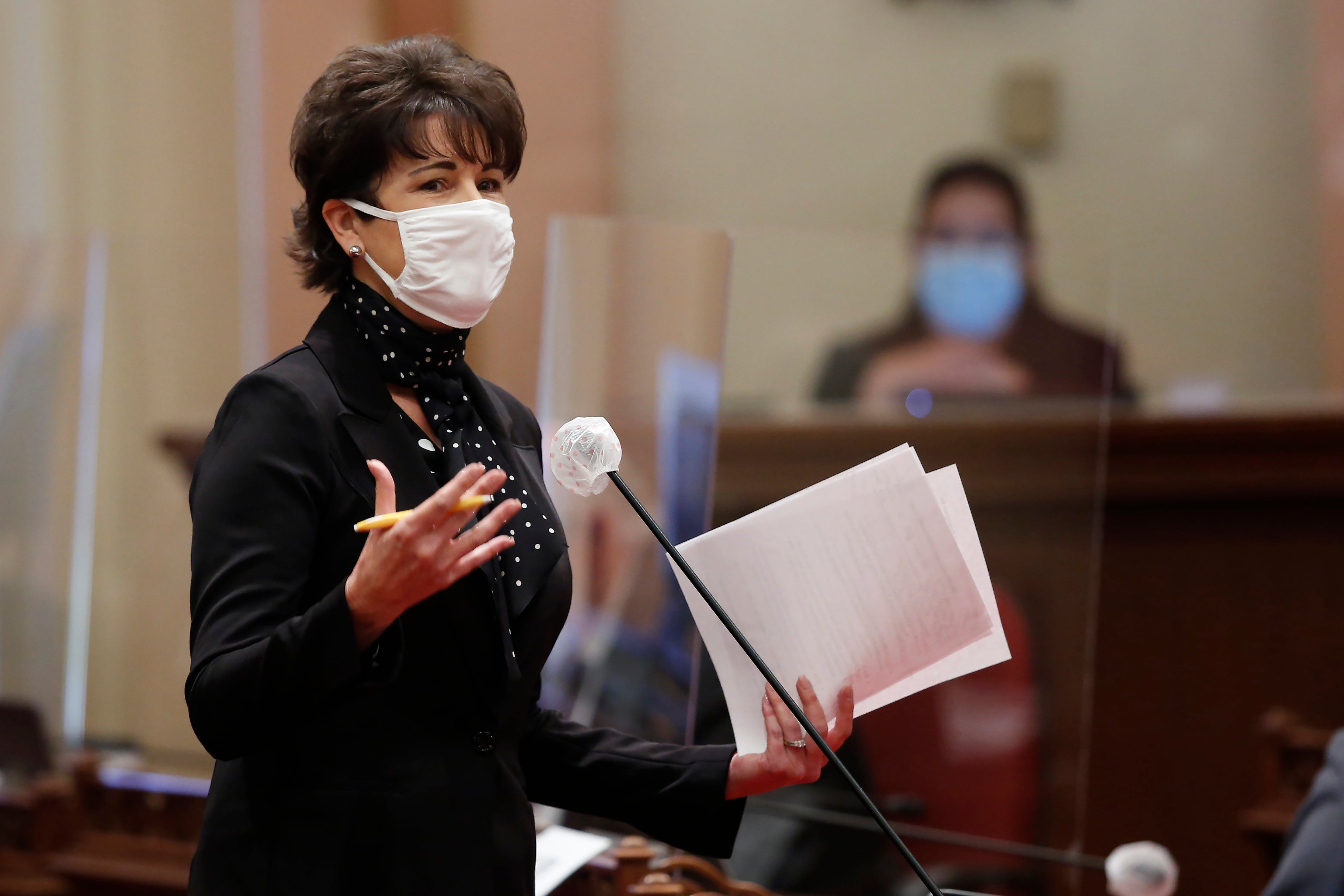California lawmakers vote to limit secret settlements
The California Legislature has voted to guarantee people can call out their bosses publicly in most harassment and discrimination cases

Your support helps us to tell the story
From reproductive rights to climate change to Big Tech, The Independent is on the ground when the story is developing. Whether it's investigating the financials of Elon Musk's pro-Trump PAC or producing our latest documentary, 'The A Word', which shines a light on the American women fighting for reproductive rights, we know how important it is to parse out the facts from the messaging.
At such a critical moment in US history, we need reporters on the ground. Your donation allows us to keep sending journalists to speak to both sides of the story.
The Independent is trusted by Americans across the entire political spectrum. And unlike many other quality news outlets, we choose not to lock Americans out of our reporting and analysis with paywalls. We believe quality journalism should be available to everyone, paid for by those who can afford it.
Your support makes all the difference.The California Legislature on Monday voted to guarantee people can call out their bosses publicly in most harassment and discrimination cases.
When companies settle complaints filed by their employees, the agreements often include a provision barring the employee from disparaging the company or talking publicly about what happened.
These agreements came under fire during the #MeToo movement, criticized as shielding public figures and companies from responsibility in sexual harassment cases. California passed a law in 2018 that bans these nondisclosure agreements in cases involving sexual harassment, discrimination or assault.
Monday, California's Democratic-dominated Legislature voted to expand that law to include other types of harassment and discrimination, including claims based on race, religion, gender identity and sexual orientation. The bill now heads to Gov. Gavin Newsom who must decide whether to sign it into law.
“No worker should ever be silenced from speaking out about their own experience of harassment or discrimination in the workplace,” said Sen. Connie Leyva, a Democrat from Chino and author of the bill. “For far too long, these secret settlements and agreements have reinforced a culture of secrecy that prevents accountability, respect and justice.”
A handful of other states have laws banning nondisclosure agreements in sexual harassment cases, including Arizona, New Jersey New Mexico and Tennessee
California's bill would not ban nondisclosure agreements in all cases. They would still be allowed to keep employees' names secret and prevent the release of any details that could identify them — but only if the employee requests them. Companies could not require employees to stay quiet.
The bill was partly in response to a case involving two Black former employees of Pinterest, the California-based social media company. The women, Ifeoma Ozoma and Aerica Shimizu Banks, filed complaints over wage discrimination and retaliation.
After settling complaints with the company, they decided to speak publicly about their experience. But Ozoma's lawyer told her she could only talk about the gender discrimination portion of her complaint because that's all that was protected under California law. Because she signed a nondisclosure agreement, she could not discuss her racial discrimination claims.
That will change if Leyva's bill becomes law.
“I’m really, really excited about it,” Ozoma said. “This kind of progress for workers is something that happens rarely, so I’m really proud of the role I played in it.”